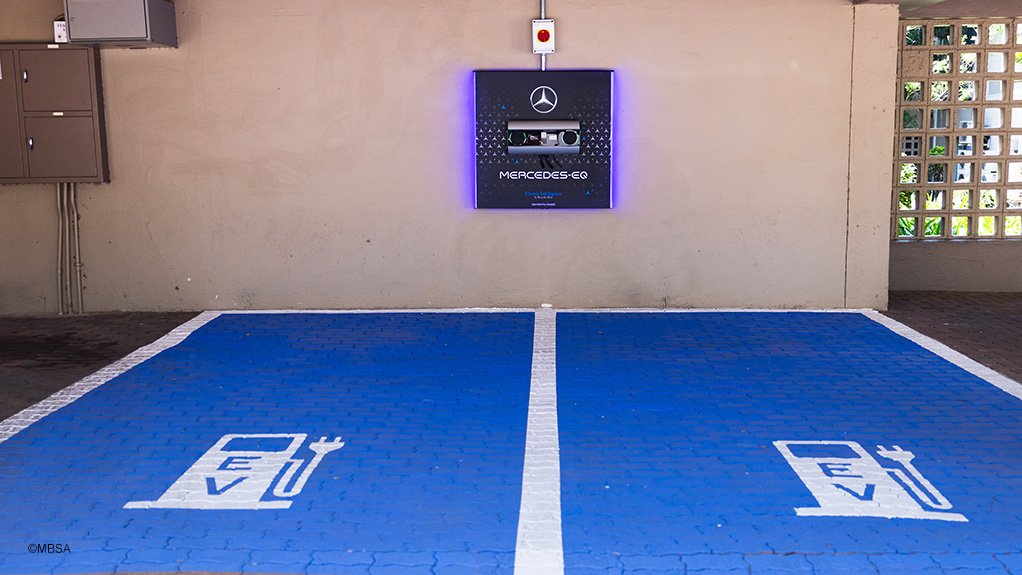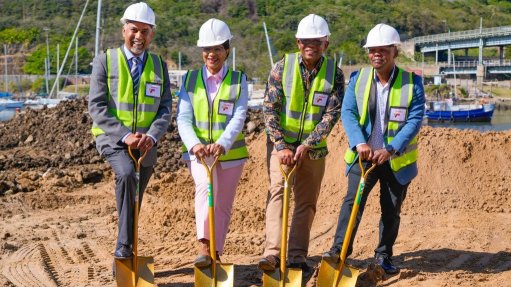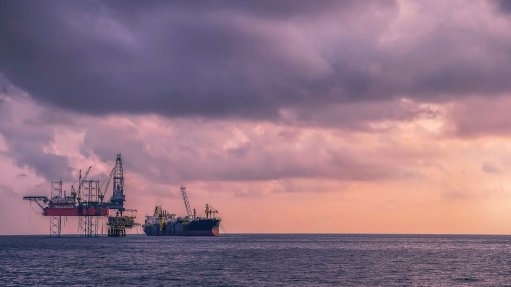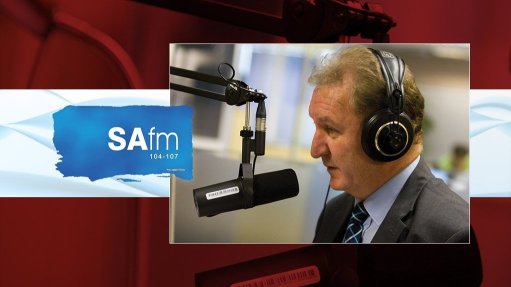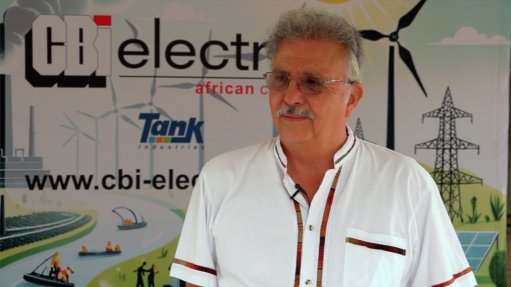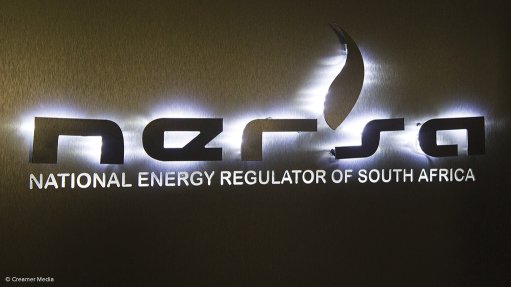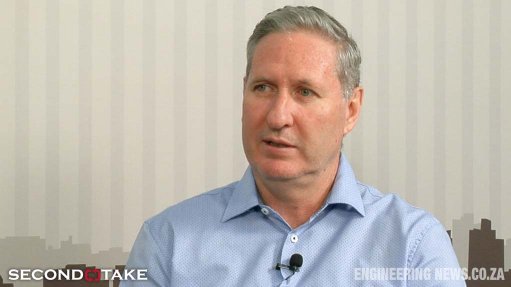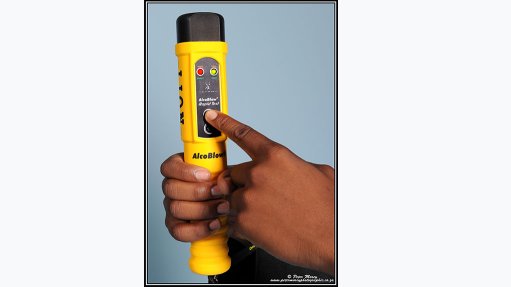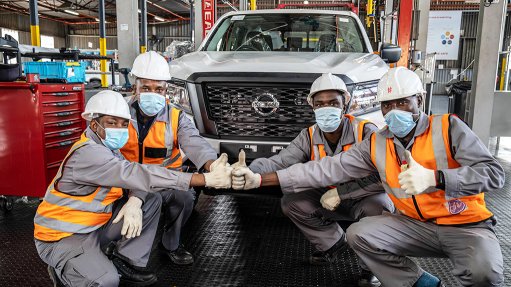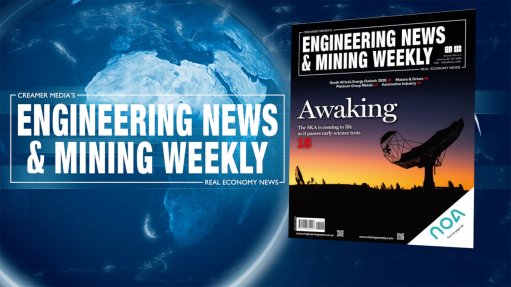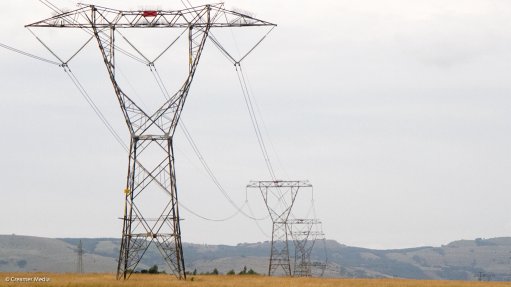Electric buses to be rolled out in DBSA-funded project in Tshwane, eThekwini
Tshwane and eThekwini could see the rollout of 39 electric commuter buses by the end of next year.
The introduction of the zero-emissions vehicles will form part of a pilot project funded by the Global Environmental Facility (GEF), and managed by the Development Bank of Southern Africa (DBSA) and the South African National Energy Development Institute (SANEDI).
SANEDI, which has been appointed by DBSA as the implementing agent, says the project will see the procurement of 39 electric buses (e-buses) and the associated charging infrastructure, enabled by the $4.7-million in funding that the bank secured from GEF.
“Our objective with this project is to pave the way for the country to shift to electric mobility in the near future,” says SANEDI cleaner mobility programme project manager Tebogo Snyer.
The e-bus project was initiated by DBSA in consultation with a number of municipalities that indicated they were interested to participate.
Conceptualisation started in 2018. Covid-19, however, halted the project.
Work resumed in 2022, and by late last year DBSA managed to secure the necessary funding.
In terms of the project scope, the City of Tshwane will be allocated 20 buses and eThekwini 19.
In both cities electricity infrastructure will be upgraded and charging facilities installed, says SANEDI.
“The project will be implemented over a period of five years, with half the buses being commissioned in the first two years and the rest at a later stage.”
“During this time, we will demonstrate the technical, operational, legal, economic and other feasibility factors, and bed down the specifications of the ecosystem needed to support e-buses in South Africa,” notes Snyer.
Drivers will also be trained on how to safely operate an e-bus and manage charging cycles.
The first e-buses are expected to be on the road in the next 18 to 24 months.
Snyer says that although the intention is to procure local goods as far as possible, the e-bus “will have to be imported as no local manufacturing capacity exists as yet”.
SANEDI indicates that once the project reaches the procurement stage – expected in six to eight months – “an open tender process will follow”.
Cleaner Mobility
“Our view is that electric vehicle (EV) technology leads the cleaner mobility field and will continue to do so for the next decade or so,” says Snyer.
He expects the technology to revolutionise the transport sector in the next three to five years on the back of improved and cheaper batteries, which will also lower the cost of ownership significantly.
Currently, SANEDI believes the total of cost of ownership is 5% to 10% less than internal combustion buses, however, the much higher upfront price tags on e-buses are limiting adoption.
The main selling points currently are the absence of emissions and the opportunity to have an alternative to pricey imported diesel.
As for the impact of adding EVs to the national grid, Snyer says that switching from internal combustion engines to EVs in significant quantities will add additional load to the power grid, albeit of a different kind.
However, he believes the impact can be managed with smart project planning that ensures e-bus fleets are charged during off-peak periods.
The pilot project’s scope includes technical grid-impact analyses.
“We want to prepare South Africa for the future,” says Snyer.
“When [e-bus] costs start to come down, local municipalities should be ready to implement the technology that will improve public transport, while also reducing its environmental impact.”
* MAN Truck & Bus South Africa aims to start assembly of electric buses at its plant in Durban this year. The company’s Lion’s Explorer E electric bus is currently being tested by Golden Arrow Bus Services in Cape Town, along with electric buses from China’s BYD.
Article Enquiry
Email Article
Save Article
Feedback
To advertise email advertising@creamermedia.co.za or click here
Comments
Press Office
Announcements
What's On
Subscribe to improve your user experience...
Option 1 (equivalent of R125 a month):
Receive a weekly copy of Creamer Media's Engineering News & Mining Weekly magazine
(print copy for those in South Africa and e-magazine for those outside of South Africa)
Receive daily email newsletters
Access to full search results
Access archive of magazine back copies
Access to Projects in Progress
Access to ONE Research Report of your choice in PDF format
Option 2 (equivalent of R375 a month):
All benefits from Option 1
PLUS
Access to Creamer Media's Research Channel Africa for ALL Research Reports, in PDF format, on various industrial and mining sectors
including Electricity; Water; Energy Transition; Hydrogen; Roads, Rail and Ports; Coal; Gold; Platinum; Battery Metals; etc.
Already a subscriber?
Forgotten your password?
Receive weekly copy of Creamer Media's Engineering News & Mining Weekly magazine (print copy for those in South Africa and e-magazine for those outside of South Africa)
➕
Recieve daily email newsletters
➕
Access to full search results
➕
Access archive of magazine back copies
➕
Access to Projects in Progress
➕
Access to ONE Research Report of your choice in PDF format
RESEARCH CHANNEL AFRICA
R4500 (equivalent of R375 a month)
SUBSCRIBEAll benefits from Option 1
➕
Access to Creamer Media's Research Channel Africa for ALL Research Reports on various industrial and mining sectors, in PDF format, including on:
Electricity
➕
Water
➕
Energy Transition
➕
Hydrogen
➕
Roads, Rail and Ports
➕
Coal
➕
Gold
➕
Platinum
➕
Battery Metals
➕
etc.
Receive all benefits from Option 1 or Option 2 delivered to numerous people at your company
➕
Multiple User names and Passwords for simultaneous log-ins
➕
Intranet integration access to all in your organisation



